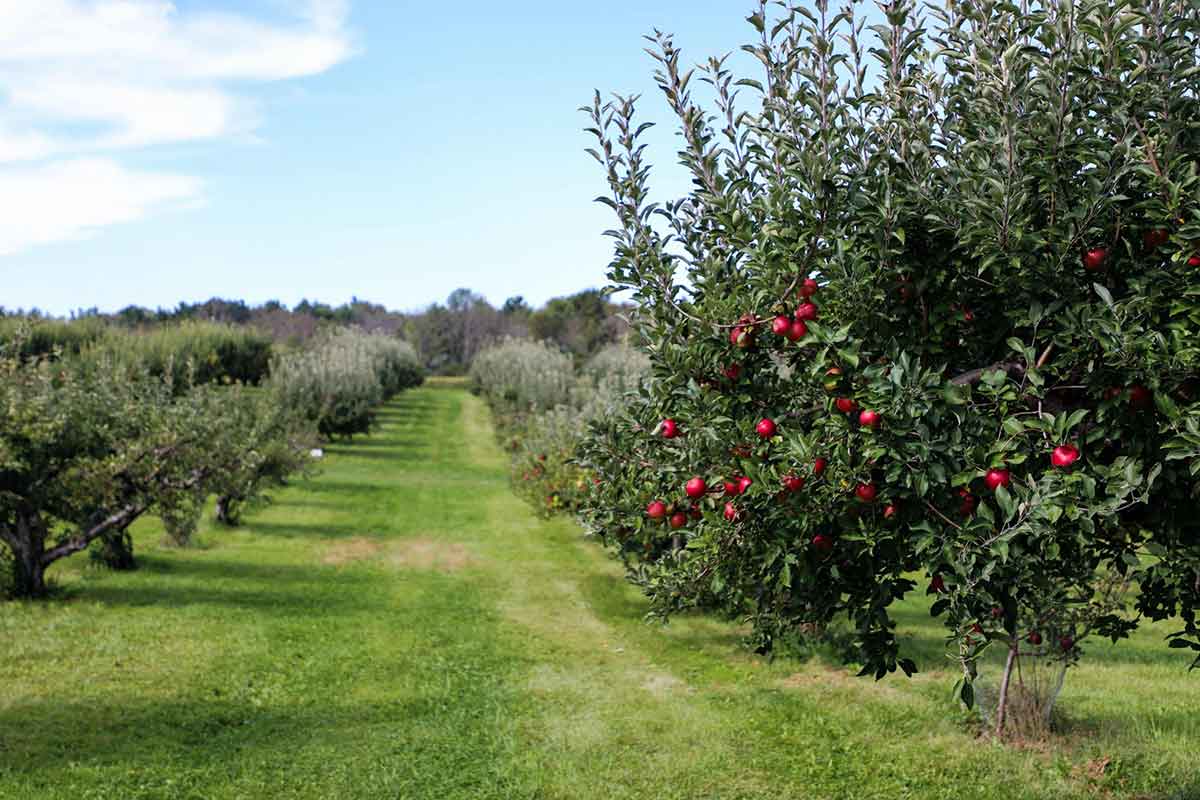Every year approximately 9% of workers in the agriculture, forestry and fishing sector sustain an injury after coming in contact with farm machinery. Many other people also suffer injuries on their smallholdings, estates, and stables, which are not always reported in HSE statistics.
Alongside these injuries, there have also been 17 deaths over the last five years involving farm machinery. Safety when operating any farm machinery or implements must be a priority.
Even minor injuries have the potential to really upset the proverbial apple cart. Imagine if you drop a heavy piece of kit on your foot and break a bone, you could find it very difficult to get on with essential jobs while your foot’s in a cast.
Here we share 10 important safety tips for operating your farm machinery:
- Read The Manual!
Whether it’s for a compact tractor or for a basic farm implement, you should have a manual that will include specific health and safety advice for that piece of machinery. Even if you’ve used similar implements before, it’s well worth re-familiarising yourself with safety advice and putting it into practice.
- Maintain Your Equipment Properly
Poorly maintained farm implements can become hazardous. Check thoroughly before using any machinery that it is in good order and follow maintenance guidelines such as cleaning, lubrication, fluid levels etc.
Special attention should be paid to PTOs and PTO drive shafts. Every year people are killed or seriously injured as a result of accidents involving PTOs and PTO drive shafts, often because they are not fitted with guards – or the shield is damaged. Replacement shields are available so please check regularly and replace immediately if there are any signs of damage on yours.
- Use The Right Implement For The Right Job
Don’t be tempted to use farm implements for jobs they’re not designed for. Incorrect use could result in malfunctions and injury. Choose the right tool for the right job and you’ll also be able to get it done much more efficiently.
- Wear The Correct Safety Gear
Your manual should provide advice on suitable protective clothing, however the basics include eye and ear defenders, hand protection and safety boots. When using tools such as chainsaws you will need additional protective clothing such as chainsaw trousers etc. When operating farm implements make sure you don’t have any loose clothing, shoe laces, etc. that could get caught in moving parts: and if you have long hair, tie it up securely.
- Make Sure You Have Help If Needed
While small farm equipment may be easy to handle by yourself, larger and heavier implements will need a least one extra pair of hands. Don’t risk an injury because you don’t ask for help.
- Start Up Compact Tractors Sitting In The Seat
If you are using a tractor to power a stationary implement, don’t be tempted to start it up standing alongside. Always sit in the seat to start the tractor, once it’s running smoothly you can get down to attend to the job.
- Don’t Enter The Danger Zone Between Tractor And Implement
When the engine is running never enter the area between the tractor and implement.
- Plan Jobs Beforehand
It’s a good idea to walk a field before you start work to make sure you know whether there are any hidden hazards. Potholes, stakes, boggy areas and rocks could all cause damage to your equipment, and in turn damage to you.
- Operate Engines In Well-Ventilated Areas
If you’re using a compact tractor to operate an implement like a log splitter or wood chipper from your yard, you may want to do this uncover and protect yourself from the cold and wet. Make sure covered areas are well ventilated so that engine fumes can dissipate easily.
- Keep Children Away From Farm Machinery
Sadly 2 to 3 children are killed in farm accidents every year with 42% of deaths involving machinery, trailers and equipment; and 33% involving tractors. Children should always be supervised around any farm implements. Children over 14 who wish to help on the farm should be given proper training and instruction, and closely supervised.
The above 10 tips will help you, and other people working on your farm, keep safe around farm machinery. If you’ve found this useful please share this post with other people who also use farm implements.







